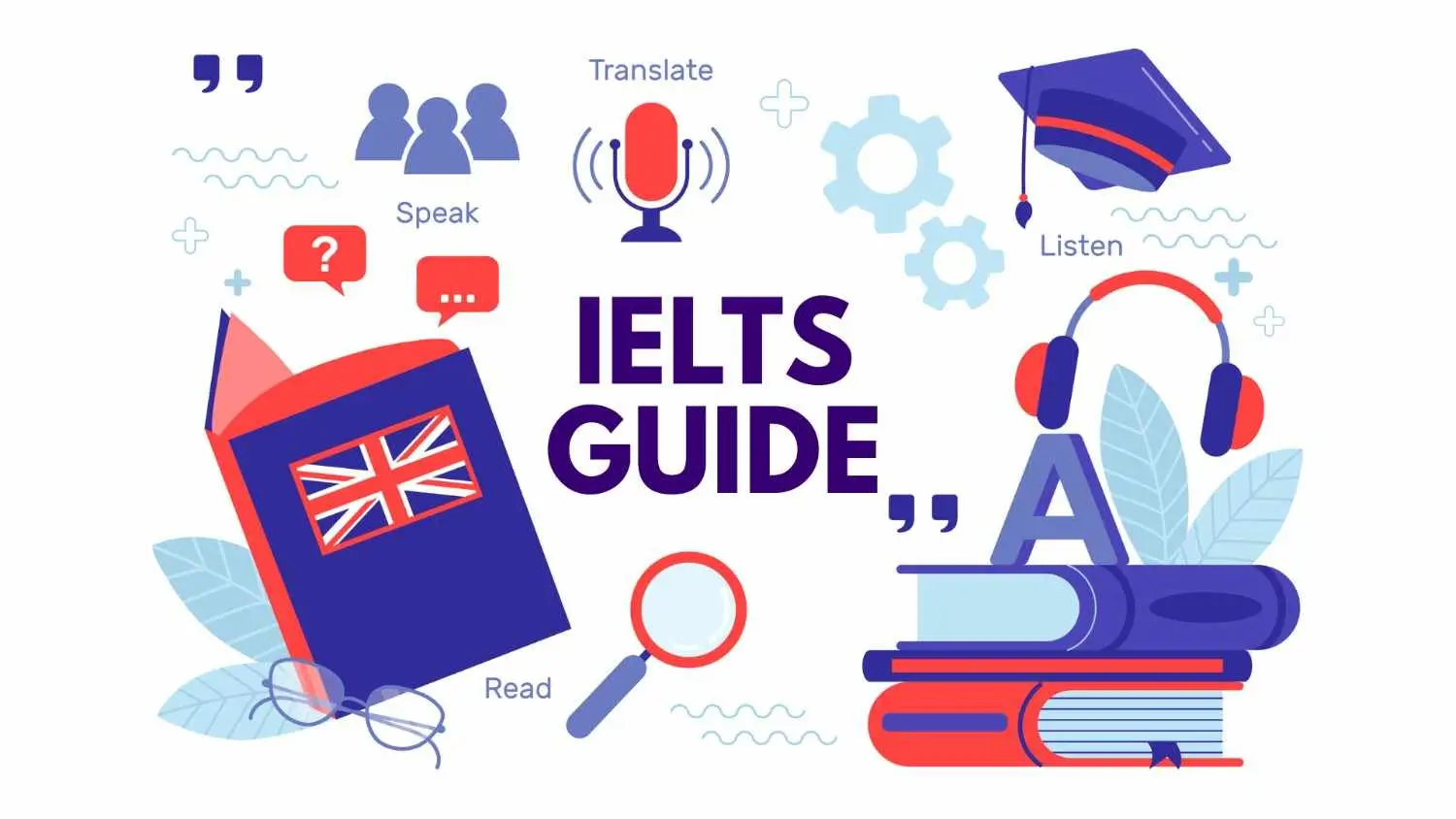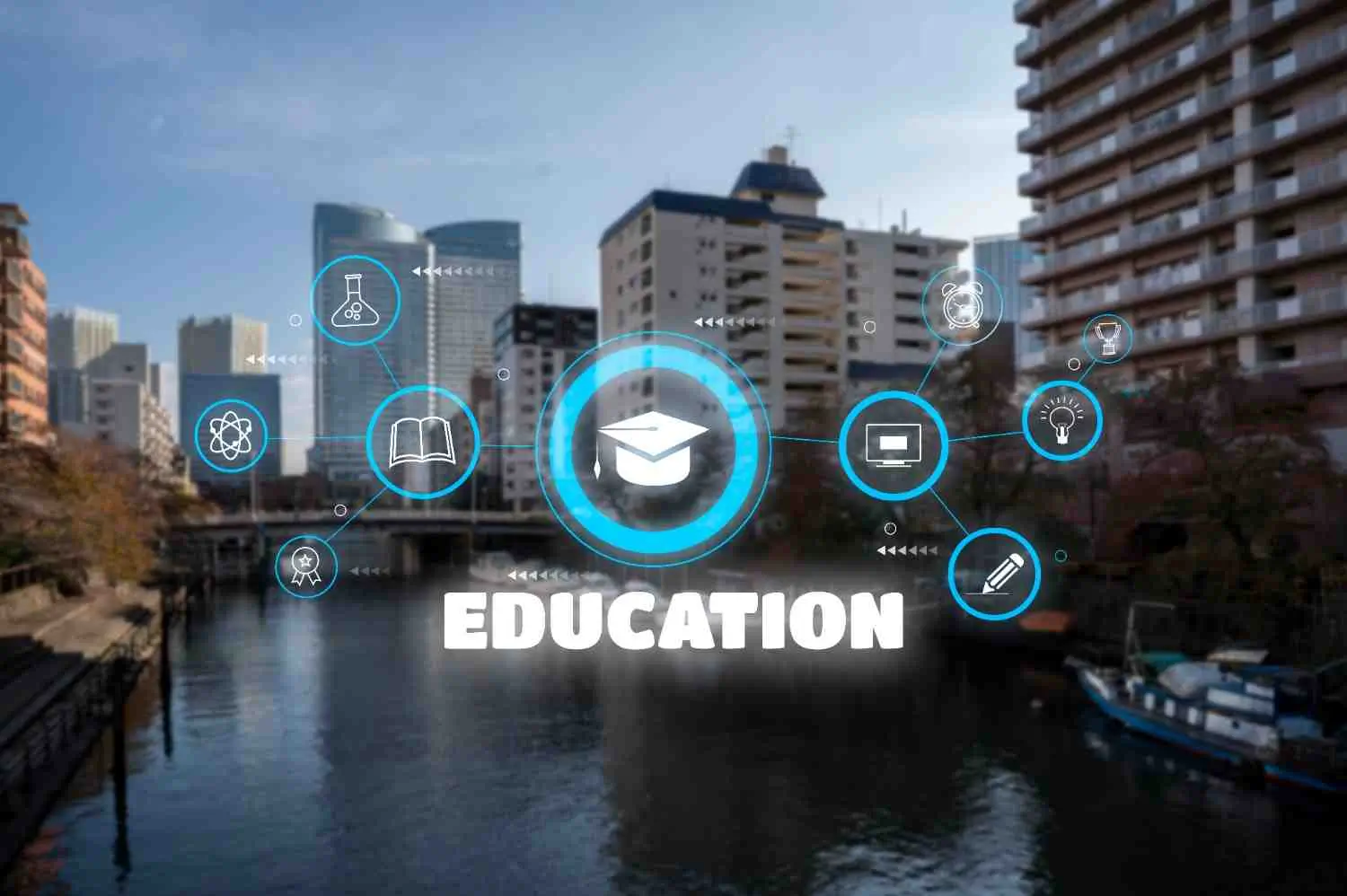Introduction
Education has always been at the heart of human progress, but the way we learn has drastically evolved. Traditional classrooms often relied on a one-size-fits-all approach, where students were expected to learn at the same pace and in the same way. However, as technology, research, and teaching practices advance, the need for personalized learning has become more evident.
Personalized learning shifts the focus from teaching to learning that adapts to the student’s needs, strengths, and pace. In today’s competitive world, where skills matter as much as knowledge, personalizing education is no longer a luxury — it’s a necessity.
This blog explores what personalized learning is, why it’s important, its benefits, challenges, and how it can shape the future of education.
What is Personalized Learning?
Personalized learning is an instructional approach that tailors learning experiences to fit individual students’ abilities, interests, and goals. Unlike traditional methods, personalized learning recognizes that every learner is unique.
Key elements include:
- Flexible pacing: Students learn at their own speed.
- Customized paths: Lessons are adapted to individual strengths and weaknesses.
- Student agency: Learners are encouraged to make decisions about how and what they learn.
- Ongoing feedback: Teachers track progress in real time to provide targeted support.
For example, one student may excel in mathematics but struggle in writing. A personalized system allows them to advance quickly in math while getting additional support in writing.
Why Personalized Learning Matters Today
The modern world demands critical thinking, problem-solving, creativity, and adaptability. These skills can’t be developed effectively if education only focuses on memorization or uniform testing. Personalized learning matters because:
- Every learner is different – Not all students grasp concepts in the same way.
- Reduces achievement gaps – Students who struggle in traditional systems can thrive with personalized support.
- Encourages lifelong learning – Students who feel ownership of their learning are more motivated.
- Keeps pace with technology and change – Today’s careers evolve rapidly; personalized learning builds adaptability.
In short, personalized education makes learning relevant, engaging, and effective for each student.
Benefits of Personalized Learning
1. Improved Student Engagement
Students become more active participants when lessons are connected to their personal interests and goals. This keeps them motivated and reduces boredom.
2. Better Academic Performance
Research shows that students who learn at their own pace perform better on standardized tests and assignments. Personalized pathways ensure no learner is left behind.
3. Development of Critical Life Skills
Personalized learning nurtures self-discipline, time management, problem-solving, and decision-making skills. These are vital not just for academics, but for careers and daily life.
4. Emotional and Social Growth
When students feel understood and supported, their confidence and self-esteem grow. They also learn to collaborate more effectively with peers.
5. Teacher Effectiveness
Personalized learning empowers teachers with data and insights into student progress. Instead of spending equal time with every student, teachers can focus attention where it’s most needed.
Challenges of Personalized Learning
While promising, personalized learning also comes with challenges:
- Resource Intensive: Schools often need additional tools, training, and technology.
- Teacher Training: Educators must be skilled in adapting instruction.
- Equity Issues: Access to devices and internet can create inequality.
- Time Constraints: Designing individualized plans requires more preparation.
Despite these obstacles, the benefits far outweigh the challenges, especially when supported by modern educational platforms and dedicated tutors.
The Role of Technology in Personalized Learning
Technology has made personalized learning more accessible than ever. Tools like adaptive learning software, AI-powered tutoring platforms, and online classrooms provide customized paths for every learner.
Examples include:
- Learning Management Systems (LMS) for tracking progress.
- AI-driven assessments that adjust difficulty based on responses.
- Gamified learning apps that keep students engaged.
Technology doesn’t replace teachers but enhances their ability to personalize education at scale.
Personalized Learning and the Future of Education
The future of education is student-centered. Countries worldwide are shifting towards competency-based models where skills matter more than test scores. Personalized learning will play a central role in this transformation by:
- Bridging learning gaps.
- Preparing students for future careers.
- Encouraging continuous skill development.
- Making education more inclusive and equitable.
It’s not just about passing exams anymore — it’s about preparing students for life.
How Parents and Students Can Benefit
Parents often worry whether their child is keeping up in school. Personalized learning provides:
- Clearer progress reports tailored to their child.
- Focused tutoring support where needed.
- Opportunities for advanced learning if the student excels.
Students gain confidence, independence, and a stronger connection to their studies.
Conclusion
Personalized learning is more than just an educational trend — it’s the future of effective education. By focusing on the learner instead of the system, it ensures every student can reach their full potential.
The journey to personalized learning requires effort, technology, and skilled educators, but the rewards are life-changing for students and transformative for societies.
If you are looking to experience the benefits of personalized education for yourself or your child, explore Appoint Tutor, where expert tutors bring tailored learning right to your doorstep. Personalized guidance can make all the difference in unlocking true academic success.




